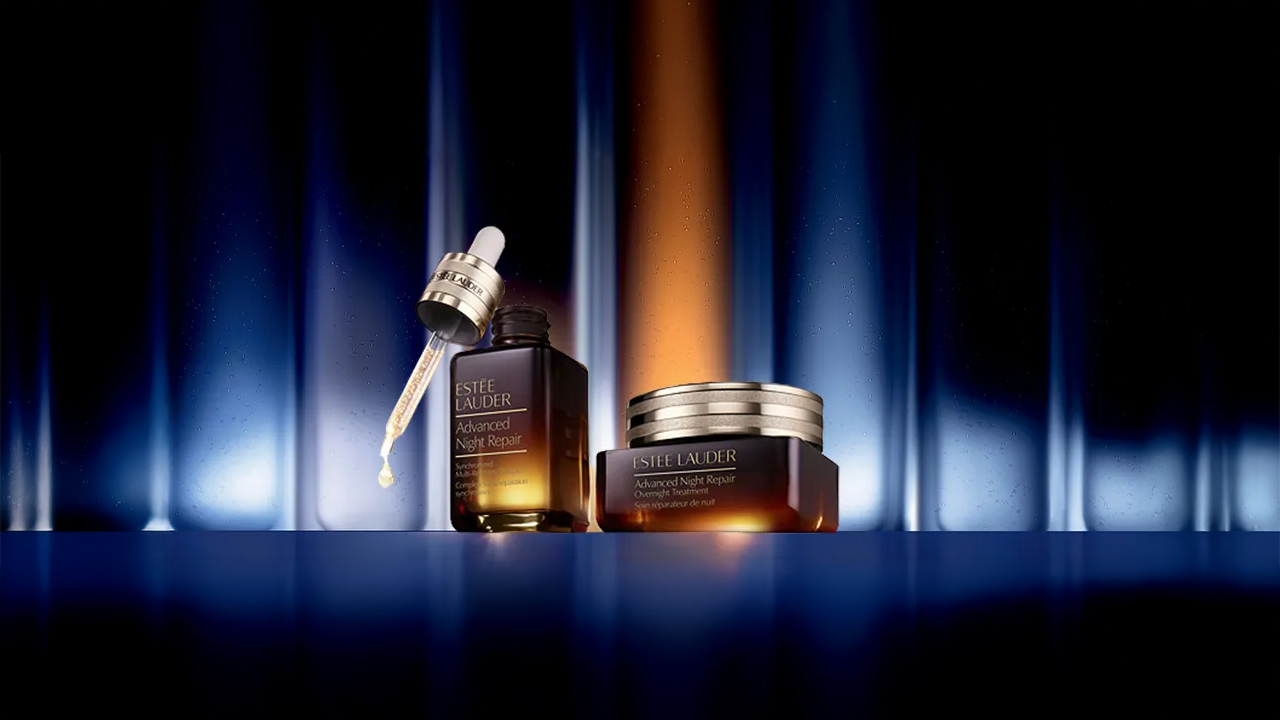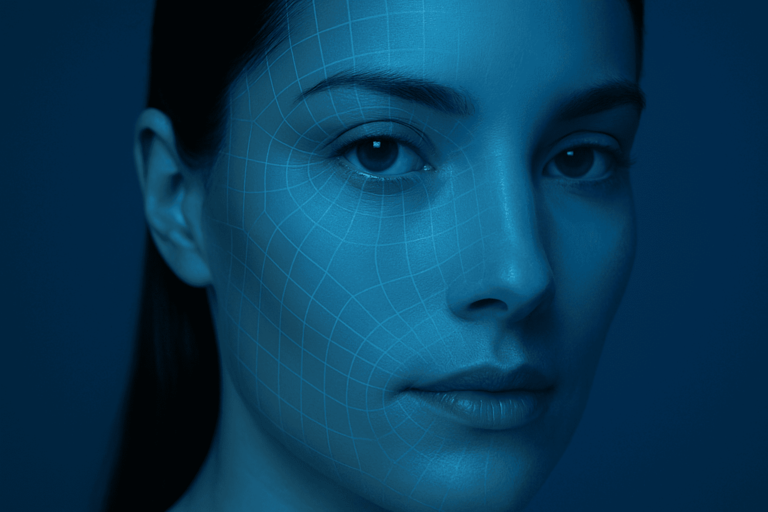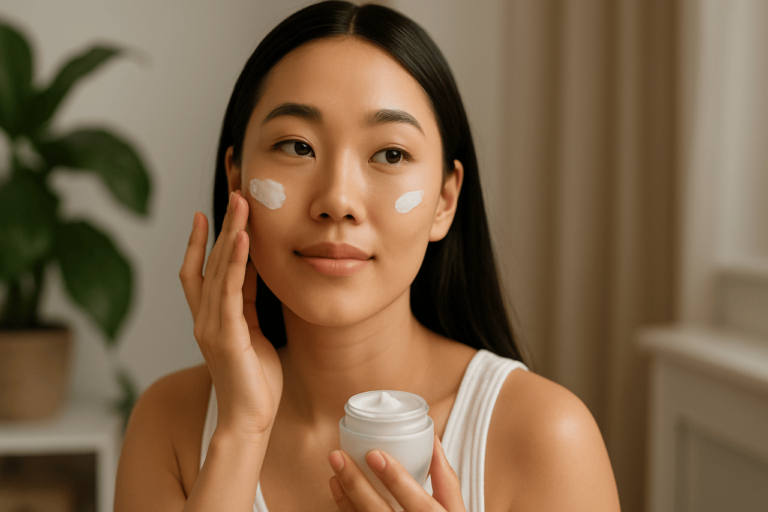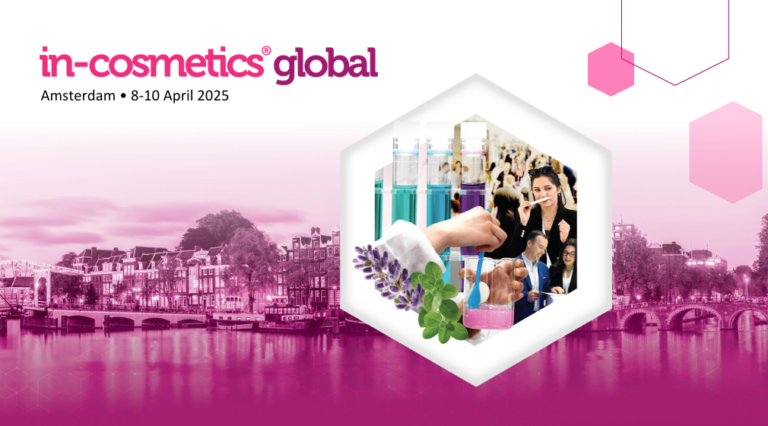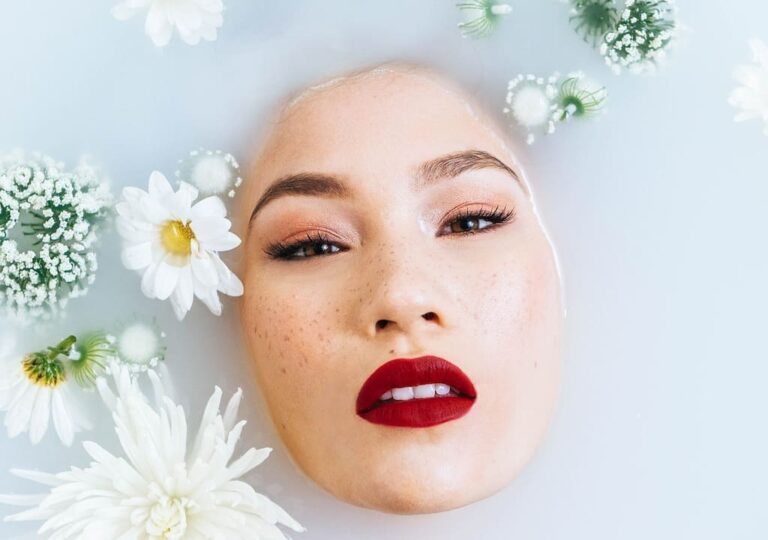The cosmetics industry continues to evolve with technology driving both innovation and consumer satisfaction. Major brands and tech companies are integrating beauty tech and cosmetics technology into their operations to create more personalized, effective, and engaging beauty experiences. From AI-driven skincare analysis to virtual makeup trials, these innovations are changing how consumers interact with beauty products. This week, we dive into some of the most exciting developments shaping the future of cosmetics.
1. Estée Lauder Pioneers New Uses of Generative AI in Partnership with Google Cloud
Estée Lauder is once again leading the way in beauty technology with its groundbreaking partnership with Google Cloud. This collaboration focuses on utilizing generative AI to enhance product development, customer engagement, and personalized beauty experiences. By leveraging Google Cloud’s powerful AI capabilities, Estée Lauder aims to accelerate the creation of innovative skincare products and revolutionize the consumer journey. With this partnership, Estée Lauder is implementing generative AI to analyze vast data sets, identify emerging trends, and streamline product development. This cutting-edge technology allows the company to create highly personalized skincare routines tailored to individual needs, ensuring more effective and scientifically backed solutions. The collaboration also extends to enhancing consumer interactions by providing more personalized recommendations and improving shopping experiences, making it easier for consumers to find the right products for their unique needs.
Source: beautypackaging.com
2. Sephora Increases Online Makeup Sales by 35% with Virtual Try-On Experience
Sephora has significantly enhanced its customer experience with its virtual try-on technology, resulting in a 35% increase in online makeup sales. By leveraging augmented reality (AR), Sephora’s virtual try-on tool allows customers to test various makeup products, including foundation shades, directly through their website and mobile app. This AR technology gives users a highly realistic preview of how products will appear on their skin tone, helping them make more informed purchase decisions from the comfort of their own homes. The success of this feature highlights the growing importance of personalized beauty solutions, as consumers seek convenient, accurate, and interactive shopping experiences. Sephora’s innovative use of virtual try-on technology not only enhances the online shopping journey but also helps build consumer confidence in product choices, ultimately boosting conversion rates and customer satisfaction.
Source: theglimpsegroup.com
4. L’Oréal and Google Collaborate on AI-Powered Hair Diagnosis
L’Oréal has teamed up with Google to launch an AI-driven hair diagnosis tool that helps users identify their hair’s unique needs. The tool uses machine learning algorithms to analyze users’ hair type, texture, and condition, offering tailored product recommendations. This collaboration brings AI technology into the realm of haircare, showcasing the growing integration of beauty tech in personalized beauty routines. By combining L’Oréal’s expertise in haircare and Google’s cutting-edge AI capabilities, this new tool promises to deliver more accurate and effective product suggestions, enhancing the overall consumer experience.
Source: loreal.com
As the cosmetics industry continues to evolve with the help of beauty tech and innovative technologies, brands are not only improving the functionality and personalization of their products but also addressing consumer demands for sustainability and transparency. Estée Lauder’s AI-driven skincare solutions, Sephora’s virtual foundation try-ons, and L’Oréal’s hair diagnosis tool exemplify the industry’s forward-thinking approach. These innovations are setting the stage for a more personalized, sustainable, and tech-driven beauty future.

